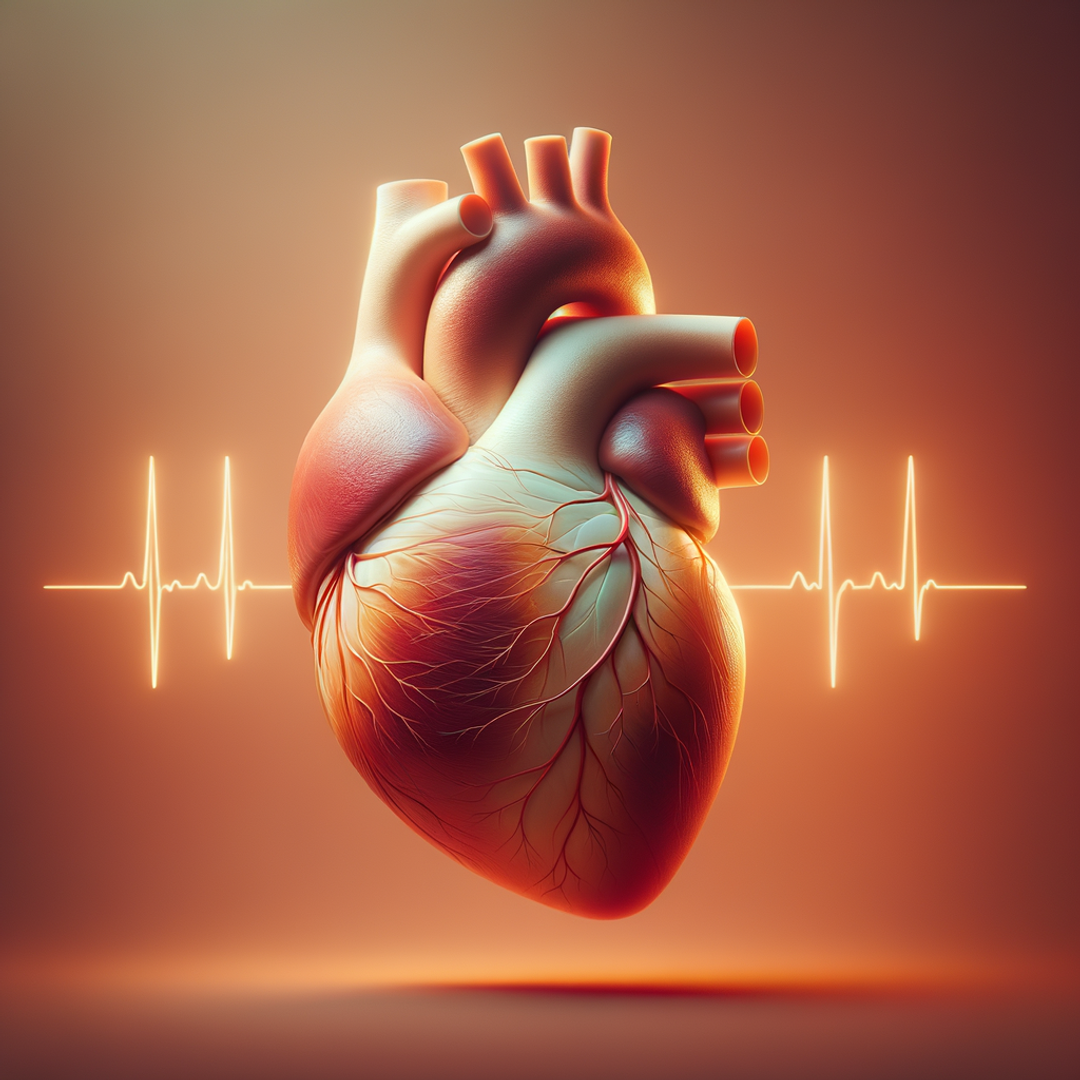
Everybody should learn the basic life-saving technique of CPR so that they might use it to save someone in a life-threatening situation. CPR is not hard to learn. One does not need to have any special talents or gifts to master it.
Everyone should learn basic CPR. It is a lifesaving tool that can be used to save a life in dire need. This simple (yet surprisingly impactful) skill can, and frequently does, make the difference between life and death. Illumina's workplace CPR training instructor, Caridwyn, notes that, "The knowledge and confidence to do CPR can prompt a person to act in an emergency, whether at home or out in public. It's a very empowering skill to have."
For a lot of people, the idea of doing CPR can feel intimidating. But consider this: Simply having a two-minute conversation about CPR can significantly raise the odds that someone will do it when the moment comes. You’re much more likely to perform CPR if you’ve just had a chat about how to do it. And if every bystander knows to begin CPR in a cardiac arrest situation, the survival rate goes up.
Accepting the significance of CPR training can also instill a sense of preparedness and responsibility. Knowing CPR means more than just knowing how to perform a set of actions in the right order. It requires a kind of self-confidence that comes from training your mind and body to work together under pressure. When I think about the next person who might need CPR, I remember that not everyone is as comfortable as I am with a lot of different kinds of emergency situations. And being comfortable in an emergency is not the same thing as being a good citizen. One does not automatically follow from the other. But I feel like the pathway to being good in an emergency leads through CPR training.
When you take a CPR course, you join a worldwide movement to save lives. You are making an investment not only in your personal ability to help in an emergency but also in a much broader return: a contribution to the "resilience" of the community where you live. That word is used a lot these days, but in this context it simply means that any community is safer when its members know how to respond in emergencies—whether the next one is an accident, a heart attack, or something even less likely but more catastrophic.